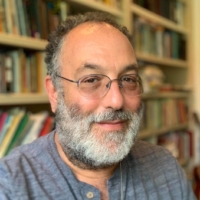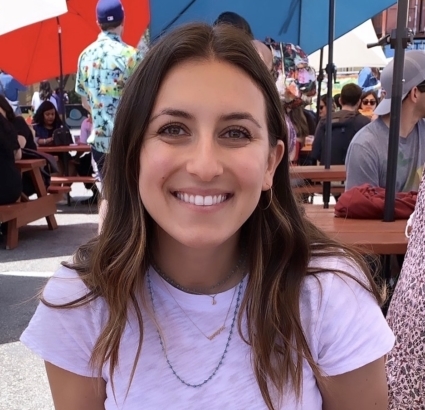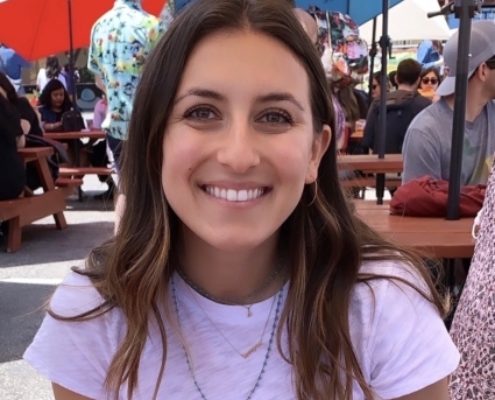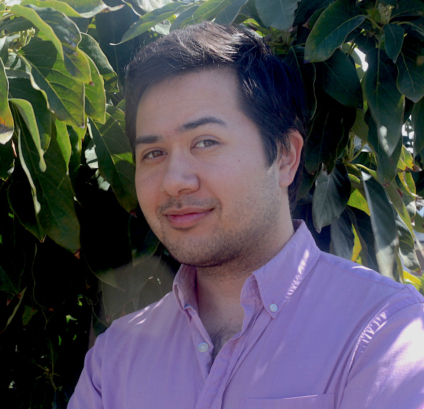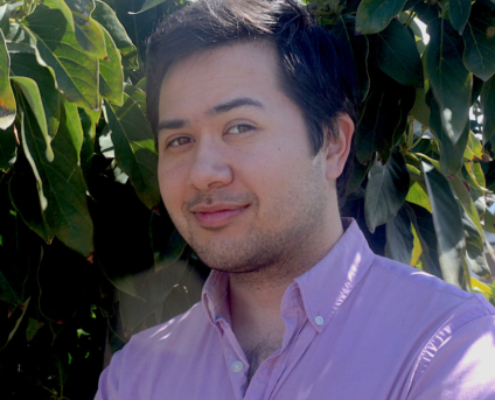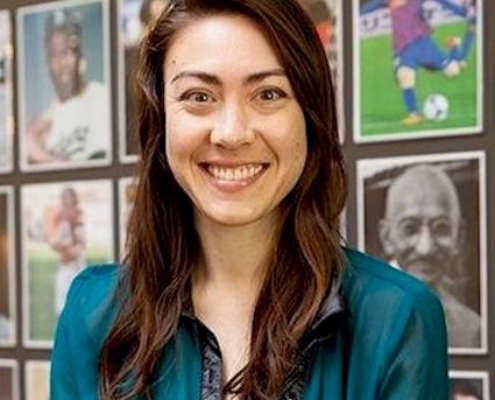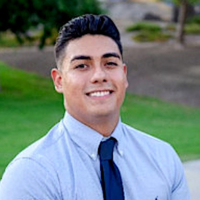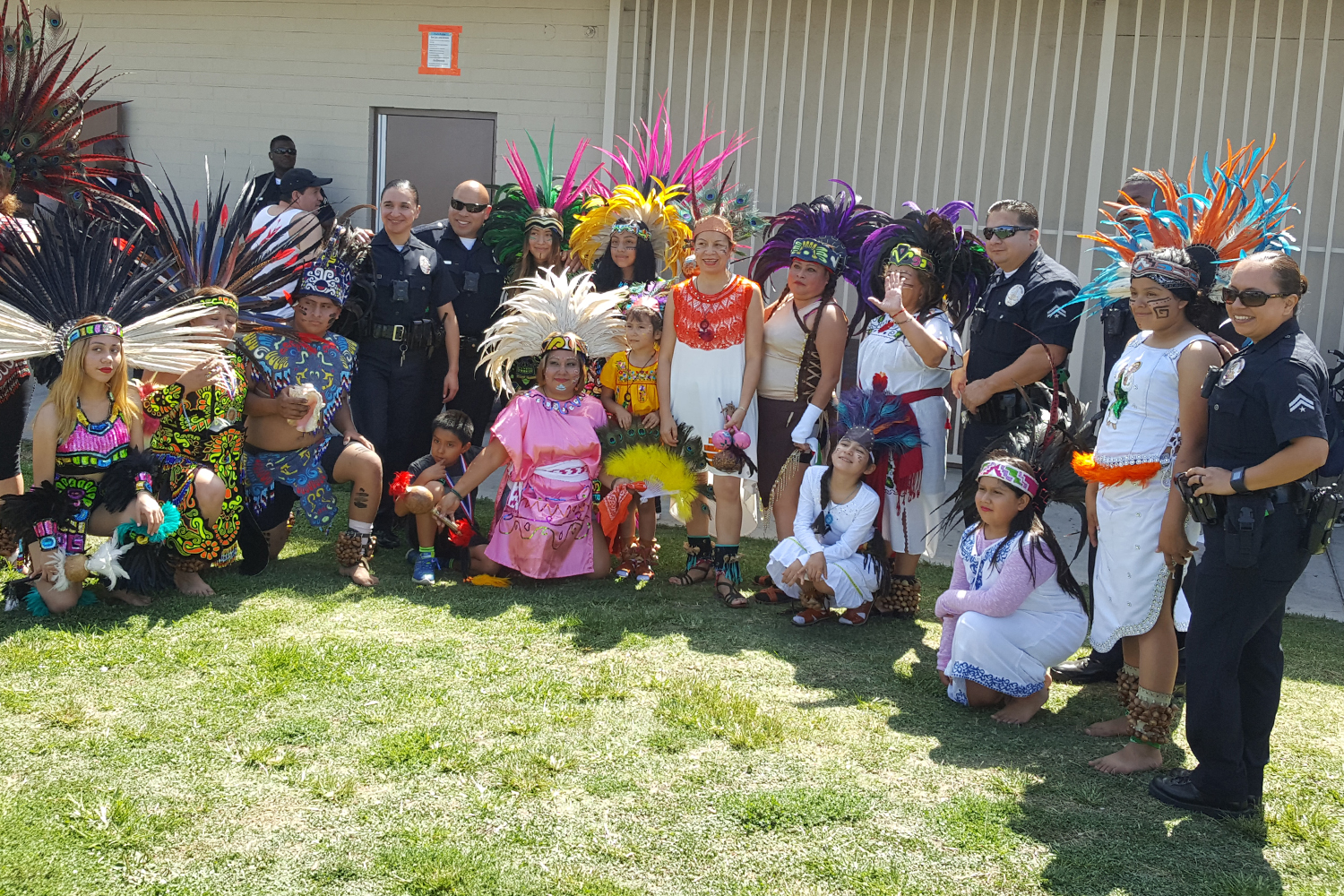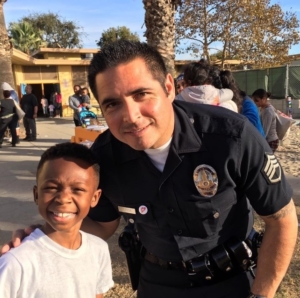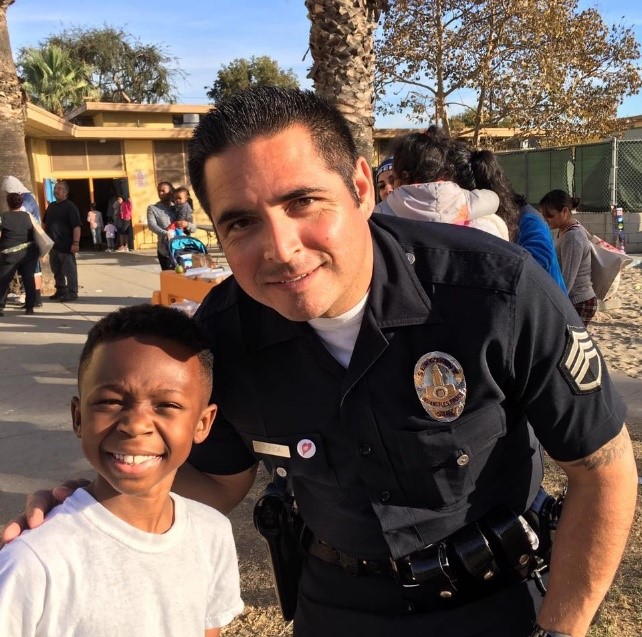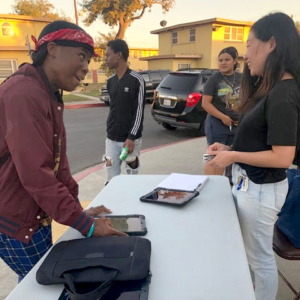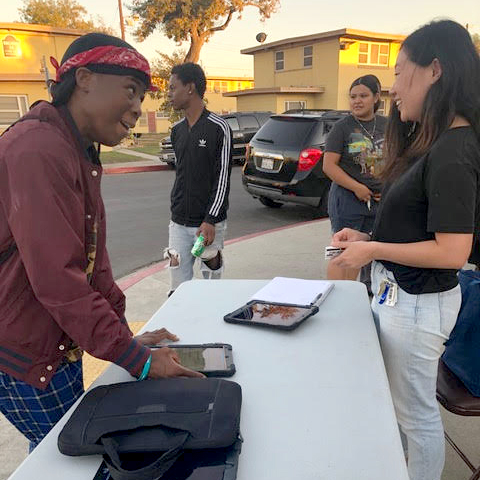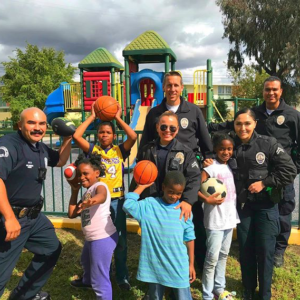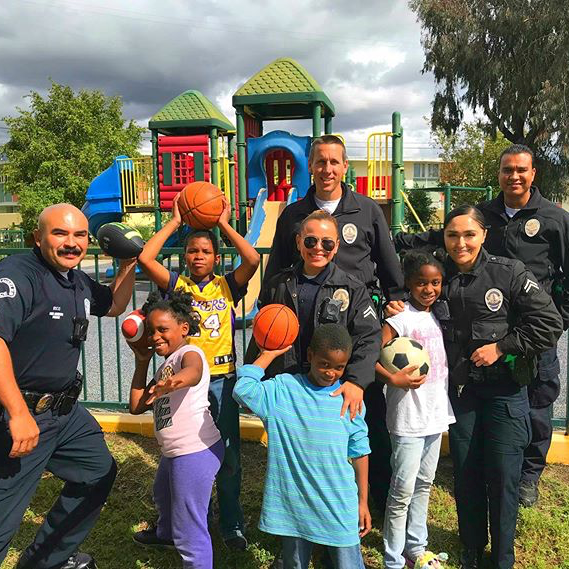Black, Latino Renters Far More Likely to Be Facing Housing Displacement During Pandemic Systemic racial inequality underlies nonpayment of rent, UCLA Luskin researchers say
By Les Dunseith
A new study of the magnitude, pattern and causes of COVID-19’s impact on California housing reveals that Black people and Latinos are more than twice as likely as whites to be experiencing rent-related hardships.
The analysis by researchers from the UCLA Center for Neighborhood Knowledge and Ong & Associates, in coordination with the UCLA Luskin Institute on Inequality and Democracy, relies on the U.S. Census Bureau’s weekly Household Pulse Survey, a multiagency effort to collect information on the social and economic effects of COVID-19 on Americans. The research findings are based on pooling a 10-week sample of more than 22,000 adults in California for the period from April 23 to July 7.
During the pandemic, workers, families, businesses and communities have experienced enormous financial difficulties, and the new study estimates that more than 1.9 million adults in California were unable to pay their rent on time in early July. The finding that Black and Latino renters are particularly vulnerable echoes previous analyses showing that minority renters are more likely to be suffering economically during the pandemic.
“These systematic racial or ethnoracial disparities are the product of systemic inequality,” UCLA Luskin research professor Paul Ong writes in the study. “People of color, low-income individuals, and those with less education and skills are most at risk.”
An analysis of the survey responses shows that people of color are disproportionately more concentrated in the lower-income and lower-education brackets, and they entered the crisis with fewer financial and human capital resources. Those people of color who lost their jobs or suffered a significant earnings loss during the pandemic were therefore far more likely to fall behind on rent.
When the researchers looked closely at who was unable to pay rent during the period of study, they found that 23% were Black and 20% were Latino — more than double the 9% for both whites and Asians.
In her foreword to the study, UCLA urban planning professor Ananya Roy, the director of the Luskin Institute on Inequality and Democracy, writes, “An especially important finding of the report is that across socioeconomic status categories, Black and Latinx households are more likely to be unable to pay rent compared to non-Hispanic whites and Asian Americans, a stark reminder of the entrenched racial disparities that are being rearticulated and amplified by the present crisis.”
The researchers delved deeper into the data to compare the experiences of various ethnic and racial groups based on demographic characteristics such as level of education. They found that Black and Latino respondents with some college education had higher rates of nonpayment of rent than whites and Asian Americans with similar educations. Racial disparities were evident even when the researchers focused on employment and earnings categories related to COVID-19.
“In other words,” Ong writes, “the pattern indicates that racial inequality is not due simply to class differences.”
Many experts believe this situation will lead to a wave of evictions in coming months unless governments take steps to protect people who have fallen behind on rent during the crisis. This includes extending the state’s eviction moratorium, continuing supplemental employment benefits and providing financial assistance to offset accumulated rent debt.
The researchers did uncover some disparate patterns across ethnoracial groups. For example, the correlation between a lower income and the inability to pay rent was pronounced for both whites and Latinos, but it was minimal, and statistically insignificant, for Asians and Black people. The impact of less education was very pronounced for Black people but only minimally so for the other three groups. The effect of earnings losses was far greater for Black and Latino people than for white and Asian people.
Perhaps most surprising, the researchers said, was the effect of joblessness. While a loss of work led to an increased likelihood of nonpayment of rent among Asian and Latino people, it marginally decreased the odds of rental difficulties among white and Black people.
“One reasonable explanation is disparate access to unemployment insurance,” Ong writes in the study. He noted that Asians and Latinos may have less access to this type of financial relief — which can more than replace lost wages — because many work in informal ethnic job sectors and also face linguistic, cultural and legal barriers to applying for and collecting unemployment benefits.
The study urges elected officials to extend and expand unemployment insurance benefits. The researchers also call for the renewal of temporary tenant protections and say that financial relief should be provided to both renters and landlords.
Overall, the study’s findings show that prepandemic inequalities and pandemic labor-market hardships amplify systemic racial disparities. The economic impact on low-income and minority populations is likely to be long-lasting because so many people will have amassed a huge debt of deferred rents.
“Many will struggle to find meaningful employment in a protracted and uneven economic recovery,” Ong writes. “It is very likely that race will shape who will be most hurt.”
Ong is the director of the Center for Neighborhood Knowledge at the UCLA Luskin School of Public Affairs. He also founded Ong & Associates, an economic and policy analysis consulting firm that specializes in public interest issues and provided services pro bono for this study.
